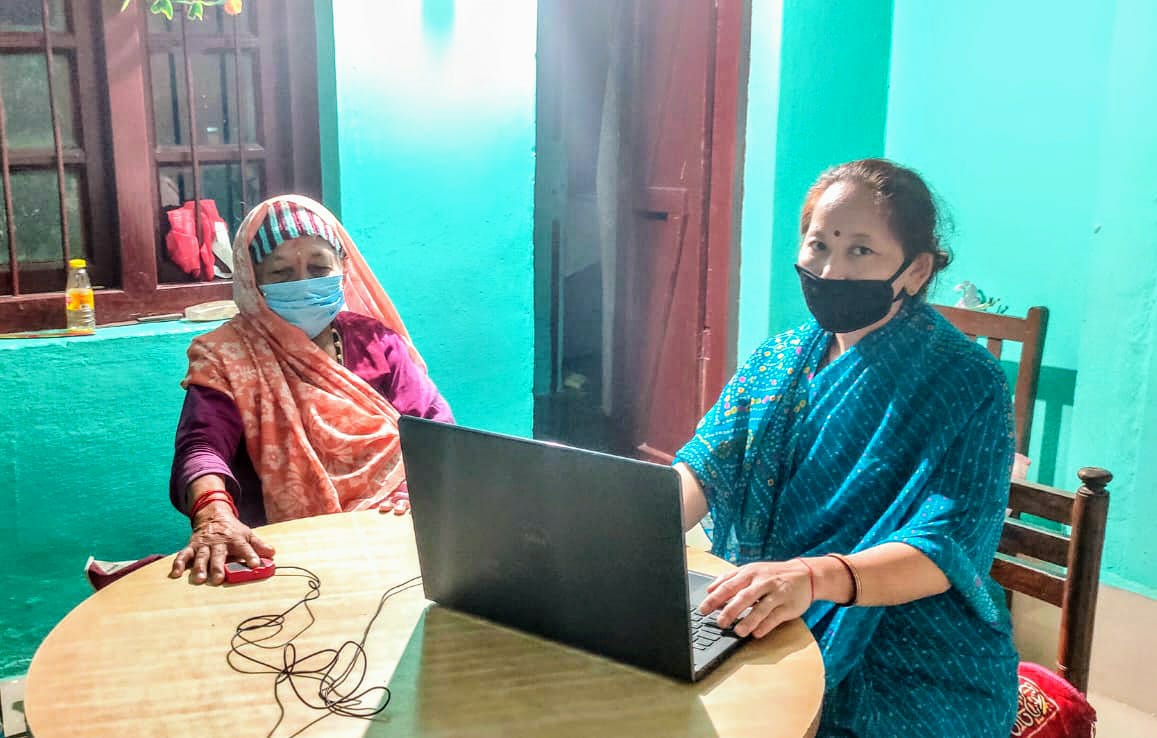The last few years have seen an increased awareness among corporates about the importance of serving a broad range of stakeholders, and not just their customers and investors. This has been bolstered by India becoming the first country to legally mandate Corporate Social Responsibility, or CSR, through the Companies Act, 2013. Since CSR was mandated six years ago, Indian companies have worked towards adapting to their new role as grant-makers. Today, with the impact of the COVID-19 pandemic and the lockdown on our public systems and the economy, their responsibility to all stakeholders appears starker than ever. What role do companies play in a post-lockdown world? How can companies invest their CSR corpus with purpose? In what ways can employees be engaged effectively?
Here are five things that companies could consider doing in order to make a meaningful impact in their communities:
As you take stock of where you are and what you need to do to get back up and running, it’s good to remember that employees are your best social asset. How you engage with them through this time may probably be your most significant contribution to being a socially responsible organisation. Not all companies can afford to keep all their staff through the downturn, but there are some great examples of what companies have done in the past during such unprecedented downturns, that have left a lasting legacy in the communities where they worked.
Related article: Data and insights on CSR’s COVID-19 response
Recently, an online marketplace had to let go of a significant portion of their employees because of the downturn resulting from COVID-19. In addition to a generous severance package with benefits, they allowed the impacted employees to keep their laptops, and established an Alumni Placement Team. They also created a ‘Talent Directory’ that allowed former employees to upload their resumes, LinkedIn profiles, and work samples for other potential employers to see. Similarly, during a previous economic downturn, a technology conglomerate based in the US had to make a difficult decision of letting approximately 15 percent of its workforce go. In addition to offering severance packages, providing health benefits and outplacement services, it offered the impacted employees an opportunity to work at vetted nonprofit organisations for a third of their salary, while keeping their benefits and stock plans. These employees were also the first to be considered for any jobs that become available once the economy improved. Not only did this support nonprofits that could benefit from the additional talent, but it also enabled the company to support its employees and the community.

A good strategy involves a clear set of choices that define what you are going to do and what you are not going to do. | Picture courtesy: Pixabay
In India, many companies have been co-opted into grant-making organisations by the Companies Act 2013, which made it mandatory for qualifying companies to set aside two percent of their net profits for the preceding three years, and direct it towards CSR. For many companies, this was just not part of their DNA.
While most companies have acted upon the new regulations and have collectively contributed thousands of crores over the last seven years, now is a good time to ask the leadership team whether there is a clear and established CSR strategy. A good strategy involves a clear set of choices that define what you are going to do and what you are not going to do. Every cause is a good cause, and in the post-lockdown world, there are bound to be more funding opportunities than ever before. Having a strategy will hold you in good stead both in the present as well as the future.
In the absence of a stated strategy which is approved by your board, decision-making becomes difficult and possibly arbitrary.
As funders, companies may be approached by organisations involved across many sectors. For example, you may receive a proposal to support the needs of migrant workers (travel, food, housing), or one that requests funding for a multi-state programme to provide skilling and economic support for people with disabilities.
In the absence of a stated strategy which is approved by your board, decision-making becomes difficult and possibly arbitrary. This might especially be the case during the COVID-19 pandemic, where a lot of support is needed, and many companies might be rethinking their approaches in light of the economic, social, and health crises that have emerged.
Most CSR teams in India are run on a ‘best effort’ basis by socially committed team members who have another full-time day job—perhaps in marketing, human resources, or government relations. While this is a good start in and of itself, it’s time to invest in a full-time resource or a full-time team, depending on the size of your portfolio. To create social impact, corporate grant-making has to be a professionally-led function, with knowledgeable staff who devote 100 percent of their work hours to corporate philanthropy.
This might come across as a difficult decision, given that companies are already stressed because of the economic impact of COVID-19. However, successful companies cannot be built to last in a fundamentally unequal society. Globally, businesses have woken up to their responsibility towards a triple bottom line, and it is those companies that have taken a ‘shared value’ approach towards business building, that are ultimately better placed to thrive in the long run.
Companies have several options when it comes to deciding where to invest their CSR corpus. You could support large nonprofit organisations running established programmes; you could set up your own implementing foundation; you could also support incubators, young social start-ups, or small grassroots nonprofits. Your objective is to maximise social impact, and in turn, your social return. Just as a diversified approach towards your multiple asset classes yields the most optimal return in your personal financial investments, similarly a diversified social investment portfolio generates a higher social return.
A diversified social investment portfolio generates a higher social return.
In the context of today’s environment, the ‘here and now’ can be difficult to look beyond. While relief is important, so is building resilience and focusing on recovery. Efforts that are more long-term, whether enabling continued education or accelerating digitisation, are as important as meals and masks.
Related article: CSR is unlikely to fund new grantees this year
Finally, not everyone is going to be able to come back to the office for a while. In such a situation, it is important to establish an omni-channel communication plan—emails, blogs, message boards, collaboration apps—through which you can communicate your CSR strategy in a way that an employee is able to connect and relate to. Most employees are interested in the impact created by the company’s grants, and sharing such information might help them connect with the CSR work of the company. Stories go a long way in connecting with people and these platforms can be used for sharing stories of impact.
Virtual volunteering might be another avenue to explore. Not only does this increase engagement, it is also one of the ways that a corporate can support grantees, beyond just disbursing grant money. During the lockdown, we observed a marked increase in our employees volunteering virtually as teachers, mentors, coders, testers, legal counsels, and HR strategists, among many other roles. Such engagement can be sustained and built upon to become an integral part of a corporate entity’s CSR strategy in the coming months.
—





